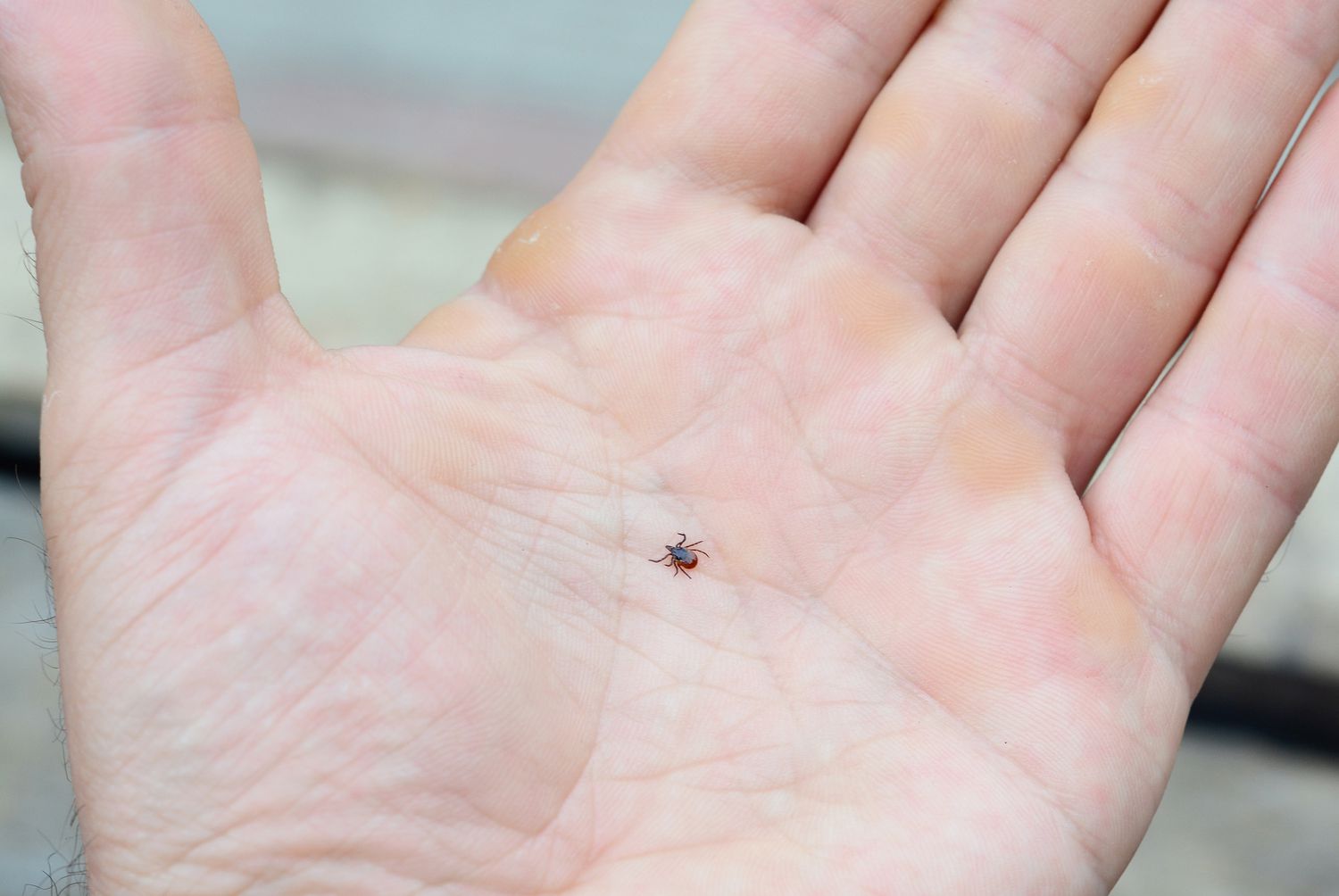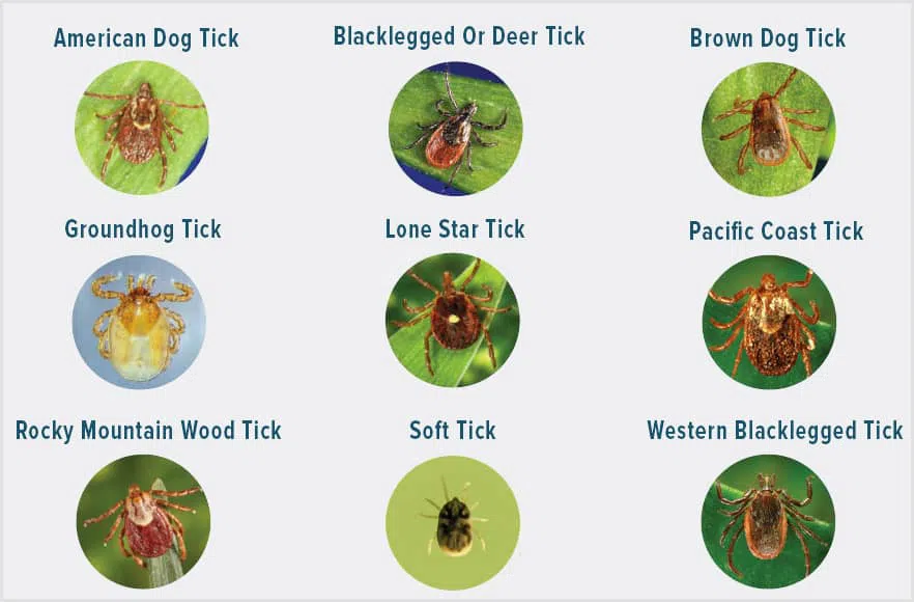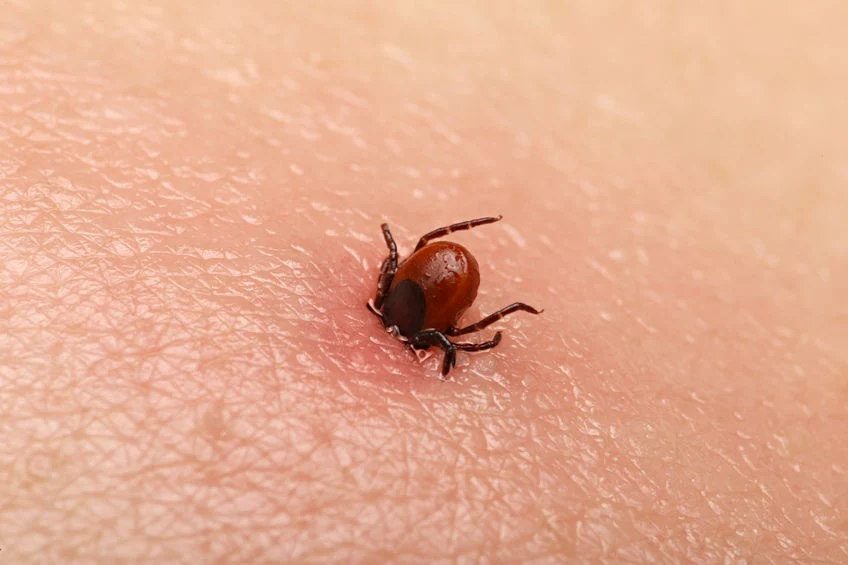Tick Treatments in Florida:
Exterminator Services for Bonita Springs, Naples, and Marco Island
Florida’s Gulf Coast combines scenic waterfronts, lush landscapes, and year-round warm weather—perfect conditions not only for human enjoyment but also for a variety of pests. Among these, ticks pose a unique challenge because they feed on hosts ranging from household pets to local wildlife and can occasionally attach to people. If you reside in Bonita Springs or manage properties in Naples or Marco Island, you have probably encountered ticks at some point, especially in lawns, gardens, or neighborhood green spaces. This service page dives into why ticks thrive in Florida, how to detect an infestation, and the importance of professional tick exterminator solutions. By harnessing thorough tick treatments indoors and outdoors, residents can maintain safer, more comfortable living areas.
Why Ticks Flourish in Florida

- Mild Winters
In cooler parts of the United States, prolonged cold snaps help reduce tick populations. Ticks in Florida, however, rarely face sub-freezing conditions that could kill them off or significantly slow breeding. With moderate winter weather, tick activity can continue nearly all year, granting them ample opportunities to reproduce and spread. - High Humidity and Rainfall
Ticks depend on moisture to develop successfully, especially in their larval and nymph stages. Florida’s humidity and intermittent rain keep soil and leaf litter damp in shady areas, a prime environment where ticks can remain dormant until a suitable host passes by. Overwatering lawns or having thick shrubbery near house exteriors may inadvertently boost local tick numbers. - Rich Wildlife and Domestic Pets
Warm-blooded animals—ranging from rodents, raccoons, and opossums to cats and dogs—fuel ticks’ survival by acting as hosts. Pets wandering in yards, dog parks, or adjacent natural areas can easily pick up ticks and carry them indoors. Similarly, wildlife presence in suburban or semi-rural zones means ticks can drop off and lurk in yard debris or grass before finding a new host. - Minimal Dormancy
In colder climates, ticks can go into a quasi-hibernation when the ground freezes. Florida’s mild climate renders this effect negligible, letting ticks remain active, only slightly slowed by the brief cool spells. The lack of a true off-season fosters stable or rising tick populations year-round. - Suburban and Coastal Growth
As places like Bonita Springs, Naples, and Marco Island expand housing and commercial projects, wildlife habitats shift. Ticks, carried by animals or inadvertently moved by landscaping changes, might end up closer to homes, backyards, or communal green spaces.
Common Ticks in Southwest Florida
- Brown Dog Tick
This species thrives near canines and can complete its entire life cycle indoors if conditions allow. Brown dog ticks may cluster in corners of kennels, along baseboards, or behind furniture. While they primarily feed on dogs, in significant outbreaks they might also bite humans searching for a blood meal. - American Dog Tick
Often found in grassy or overgrown areas, the American dog tick (Dermacentor variabilis) also favors feeding on dogs but will latch onto people if the opportunity arises. This tick can transmit pathogens like Rocky Mountain spotted fever if infected, heightening concerns about its presence in yards or parks. - Lone Star Tick
Identified by a single white dot on the adult female’s back, the lone star tick is fairly active in Florida’s more vegetated areas. It can transmit various diseases, including ehrlichiosis, to people. Lone star ticks frequently lurk in wooded zones or shady landscaping, making thorough yard checks advisable. - Gulf Coast Tick
Preferring humid coastal or marshy environments, Gulf Coast ticks attach to larger animals—such as cattle or deer—but can also bite pets or humans if found in suburban or rural surroundings. Monitoring thicker vegetation near water or fences is key. - Blacklegged Tick (Deer Tick)
Though more prolific in cooler states for Lyme disease spread, blacklegged ticks do inhabit parts of Florida, occasionally biting humans or animals. They tend to hide in leaf litter, brush, or wooded edges.
Signs of a Tick Infestation
- Pet Behavior
Dogs or cats scratching relentlessly might be dealing with ticks latched onto their fur or skin. Inspecting your pet’s neck, ears, and underside regularly can reveal adult ticks feeding. If persistent biting and grooming occur, consider a thorough check. - Ticks on Floors or Walls
In some scenarios—particularly with brown dog ticks—residents may discover ticks crawling along baseboards, behind doors, or on low walls. These slower-moving bugs may appear after they drop off a host to lay eggs or seek new meals. - Unexplained Bites
Ticks often target ankles or legs when people brush past infested grass or foliage. Tiny red, itchy bumps on your lower extremities that do not match common mosquito bites can signify tick involvement. Some individuals experience a small scab or a rash, though this can vary widely by species and personal sensitivity. - Larvae or Eggs in Yard Debris
Ticks lay eggs in secluded places, such as beneath leaf litter or in shady corners of a property. These are rarely seen by casual observation but can be discovered during thorough yard cleaning. If you notice minuscule, translucent clusters, consult a tick exterminator for confirmation.
Risks of Neglecting Tick Treatments
- Disease Transmission
Ticks can transmit a variety of pathogens that lead to conditions like Rocky Mountain spotted fever, ehrlichiosis, or, in some cases, Lyme disease. Though not all ticks carry diseases, the potential for infection underscores the importance of consistent tick treatments. - Pet Discomfort and Costs
Left untreated, heavily infested pets may develop anemia from blood loss or secondary infections. Veterinary bills can rise if fleas or other parasites accompany ticks, compounding the pet’s discomfort. - Property Reputations
Landlords, businesses, or short-term rentals in Bonita Springs, Naples, or Marco Island might face negative reviews or occupant dissatisfaction if ticks roam building premises or yard spaces. Quick, decisive control measures preserve reputations and tenant safety. - Prolonged Stress
Continually encountering ticks fosters anxiety—people may avoid certain yard sections or fear letting pets roam outdoors. Mitigating ticks with an integrated plan restores confidence and comfort.

The Role of a Tick Exterminator
- Thorough Inspection
A professional reviews the entire property—both interior and exterior—to locate tick-friendly spots. This includes checking damp corners, yard shrubbery, pet sleeping areas, and under decks. Identifying high-risk or shady nooks sets the stage for targeted solutions. - Outdoor Yard Treatments
Combining vegetation management (mowing, trimming shrubs, removing leaf litter) with specific chemical applications helps limit tick harborage. Spraying insect growth regulators or larvicides around fence lines, flower beds, or shady yard edges kills juvenile ticks before they reach adulthood. - Indoor Control
Vacuuming floors, rugs, and furniture thoroughly removes adult ticks, eggs, and larvae that have fallen off a host. Residual insecticides or powders placed along baseboards or behind furniture add a layer of protection, killing ticks wandering around new territory. Pet bedding and surfaces near pet feeding stations might also see localized treatment. - Pet Care Collaboration
Because pets act as tick transporters, synergy with veterinary advice is essential. While a pest control service handles environmental measures, a veterinarian prescribes the best flea/tick preventative products for cats or dogs. Regular checkups, medicated baths, or special collars prevent the cycle of re-introduction. - Follow-Up and Monitoring
Ticks progress through multiple life stages—egg, larva, nymph, adult—sometimes lying dormant for weeks. Scheduling a follow-up helps confirm newly hatched ticks do not re-infest the yard or interior. If ticks resurface, the exterminator revises or heightens treatments, ensuring thorough eradication.
Service Areas: Bonita Springs, Naples, and Marco Island
Bonita Springs: Known for residential growth, nature preserves, and waterfront homes, Bonita Springs fosters yard ecosystems where ticks can hide in shade or tall grasses. Families with dogs or children playing outside should prioritize yard maintenance and watch for insect activity, seeking professional help if ticks appear.
Naples: An upscale region featuring abundant green landscaping, golf courses, and frequent tourist accommodations. Tick presence can disrupt the comfort of homeowners or visitors who frequent these outdoor spaces, making swift, professional tick treatment a must to maintain Naples’ refined image.
Marco Island: A beloved coastal destination with rental properties, hotels, and scenic beaches. Tick infestations undermine the tourism experience if guests or tenants face constant itching or risk disease. Routine checks and collaborative pest control keep these spots enjoyable for all.
Why Choose Our Tick Treatments
- Florida-Focused Expertise
Climate considerations drive each step in the exterminator’s approach. Southwest Florida’s near-constant warmth shapes how ticks breed, which species proliferate, and how best to address them, ensuring local knowledge outperforms generic solutions. - Targeted Pest Management
We do not merely spray the entire property indiscriminately. By identifying habitat preferences, property owners avoid wasted chemicals, and beneficial insects remain relatively unaffected. We craft solutions around the property’s layout and risk spots—like fences or thick brush lines. - Integration with Pet Care
Achieving lasting relief necessitates synergy between environment-based control and veterinarian-approved preventative measures for pets. Encouraging consistent usage of topicals, oral meds, or collars helps hamper fleas and ticks from latching onto furry hosts. - Prevention-Driven
Eliminating existing ticks solves an immediate crisis, but lasting results hinge on blocking future re-infestation. Adjusting yard drainage or shading, regularly grooming pets, and sealing property edges guard against a tick comeback. - Follow-Up
Because tick eggs might hatch weeks after initial treatment, scheduling post-treatment checks verifies whether emerging ticks are promptly neutralized. Reinforcing control measures fosters a sustained, low-risk environment.
- Florida-Focused Expertise

Next Steps
If dogs are scratching excessively, or you find ticks on floors, rugs, or your clothing, it is time to act swiftly. Contact us to learn more or schedule your service. Our tick exterminator solutions in Bonita Springs, Naples, and Marco Island handle all life stages of ticks, ensuring your home, yard, and pets remain protected.
Curbing tick populations helps prevent diseases, safeguards animals from irritation or anemia, and relieves household stress. By leveraging specialized methods—paired with consistent vigilance and veterinarian-endorsed pet preventatives—you can reclaim outdoor spaces for safe leisure or entertaining.
Sustaining a Tick-Free Lifestyle in Florida
Continuous warm weather and lush vegetation in southwestern Florida keep tick threats alive year-round. Minimizing their presence calls for staying alert and implementing ongoing yard care. A well-maintained lawn, minimal leaf litter, and swift drainage fix-ups hamper tick larval habitats. Meanwhile, pets remain safer from new bites when they are on consistent monthly preventatives.
When an infestation does occur, a structured response from an experienced tick exterminator—starting with a full property assessment—ensures complete coverage. Targeted yard treatments, interior vacuuming and insecticidal usage, plus thorough removal of eggs or pupae all break the tick life cycle. Multiple follow-ups help confirm success, sealing off future attempts by late-emerging ticks.
Whether you own a suburban home in Bonita Springs, manage a resort in Naples, or rent out beach condos on Marco Island, maintaining tick control demonstrates respect for occupant health and comfort. With the right synergy of professional extermination, pet healthcare, and routine yard maintenance, Florida residents can continue relishing the region’s subtropical charms rather than worrying about hitchhiking ticks.
